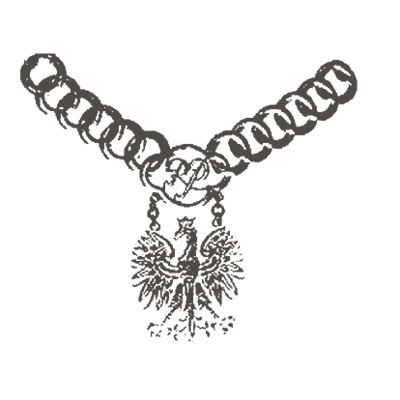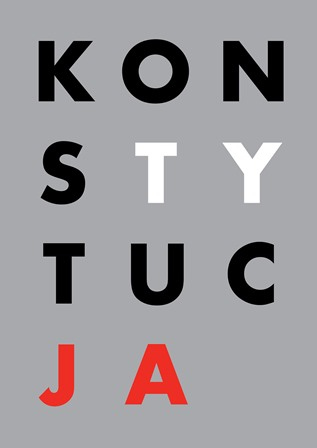Legal Hackathon 2024 is coming soon
This year’s three-day programming marathon will be held under the theme “AI to spur legal innovation.” Participants will look for innovative solutions to help revolutionise lawyers’ work, client relations, and access to justice. Our In Principle portal is a media partner of the event.

The gig economy: Digital platform workers vs. personal data
In recent years, the gig economy, based on a model of flexible employment using online platforms, has grown rapidly. In the EU, it is estimated that 43 million people will be employed through such platforms in 2025. A heated discussion is underway regarding the new regulations in this sector, in particular regarding the employment model for such workers, but also about making automated decisions regarding them using various types of algorithms. What should the organisers of job platforms keep in mind in light of the GDPR? We discuss this using the example of decisions on food delivery platforms issued by the Italian Data Protection Authority.

Our unwritten constitution
A fundamental problem in any democracy is how to prevent the tyranny of the majority—when a political force gains enough public support and power to enable it to trample on the fundamental rights of its opponents (and ultimately its own supporters).

Tales from the National Appeal Chamber: Invalidation of defective procurement procedures
Contrary to popular belief, contracting authorities do not have unlimited possibilities to invalidate procedures for award of public contracts. Once a procedure is launched, they can invalidate it only in selected situations. And if a contractor challenges the grounds for invalidation of the procedure by the contracting authority, the contracting authority will have to demonstrate the existence of such grounds and defend its position before the National Appeal Chamber.

Amendment to the Trading in Financial Instruments Act: What has changed for the corporate agent of an investment company?
New obligations to provide information to the financial regulator, mandatory internal control systems, and new administrative fines against agents and members of their authorities—the “vegetable patch” introduced quite a few changes.

Neither fountainhead of justice nor good Samaritan
The rulings of the Polish Constitutional Tribunal likening the President’s pardon power to a royal whim are wrong. In former monarchies, the king was deemed the “fountainhead of justice,” and thus could be said to have unbridled licence to interfere in its administration. In a modern state, the President does not play such a role, and in a democracy sources of justice are sought elsewhere. Therefore, the President’s pardon power cannot be understood so anachronistically.

The Polish North and South
During the American Civil War, the leaders of the Confederacy rejected the US Constitution and the legitimate authority of the United States, and for four years exercised their own dominion over the South. When the rebellion was finally put down, US courts had to recognise that under the US Constitution and the Union’s understanding of it, the rebellion was illegal and the rebel leaders had no legal basis for participating in it. Using the terminology fashionable in Poland today, we could call these persons “neo-officials.”

How does access to public information work in Poland?
Disputes over access to public information are increasingly finding their way onto the court docket in Poland. Higher public awareness and a desire for citizen oversight of issues of particular public interest may be the reason. But administrative authorities or other entities obliged to provide information, whose decisions are subject to further review, often refuse to provide the requested information. What is public information, how to obtain it, and what to do when access is denied?

BEFIT: Harmonising taxable income for large corporate groups in the European Union
The European Commission has published a proposal for a directive to implement the BEFIT concept (short for “Business in Europe: Framework for Income Taxation”). The new law would allow the creation of standardised rules for calculating taxable income for purposes of corporate income tax. Taxpayers belonging to a BEFIT group will be taxed in the country of their residence, but only with respect to a portion of the tax result determined for the entire group.

EU thresholds and conversion rate from EUR to PLN for 2024 and 2025
As of 1 January 2024, the EU thresholds for public procurement and the average euro exchange rate for converting threshold amounts from euros into Polish zlotys have changed.

Environmental aspects of real estate development: What will 2024 bring?
The environment is a key element of real estate development and construction, and has a major impact on the duration of the process. In 2023, there was increased legislative activity in this area, but we will not know its real impact on the construction process until 2024.

No payment guarantee in contracts for construction works with the State Treasury
As of 16 October 2023, as an investor, the Polish State Treasury no longer has a statutory obligation to provide payment guarantees under Civil Code Art. 6491 §1. This lack of security for contractors can be expected to cause new problems in public procurement.
